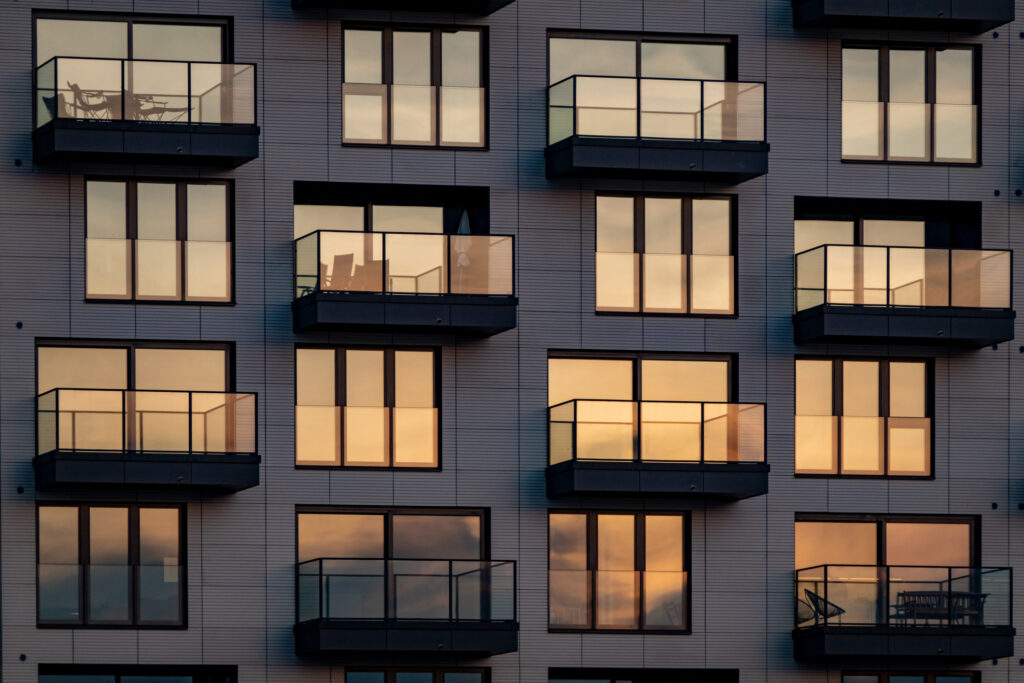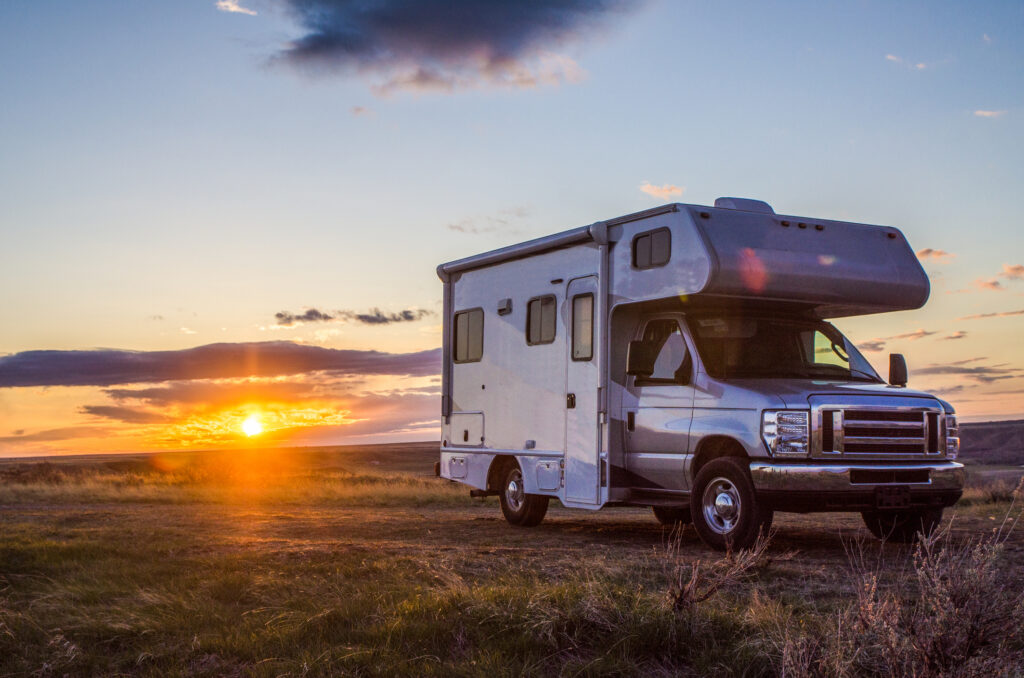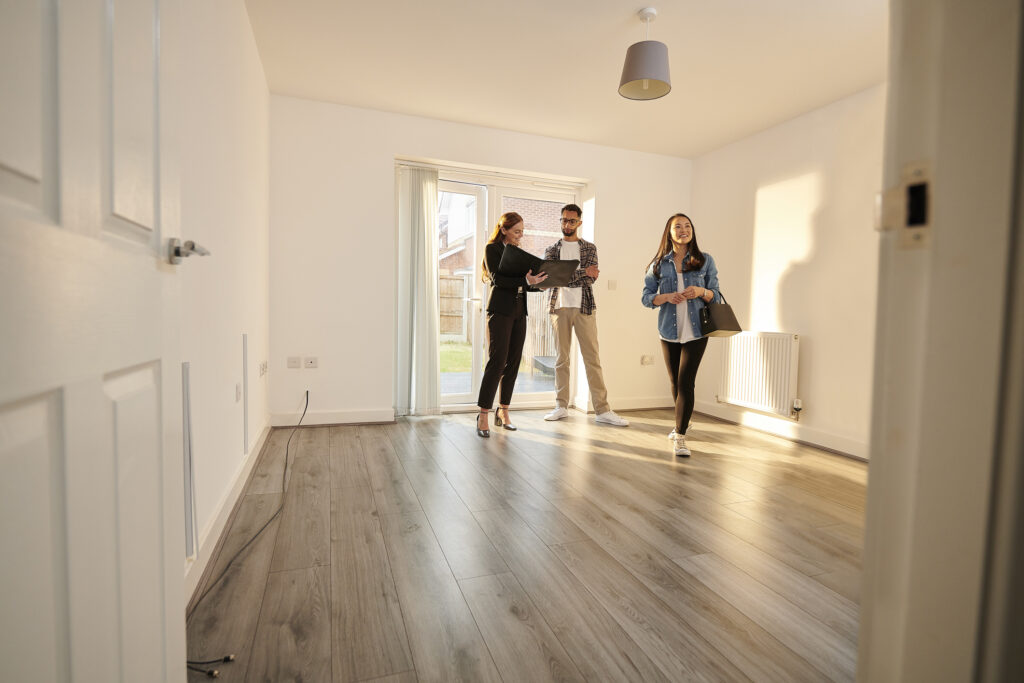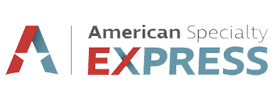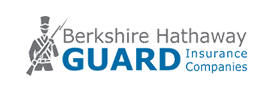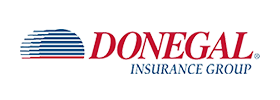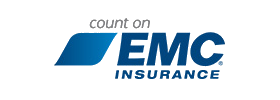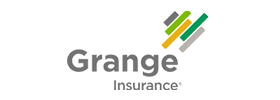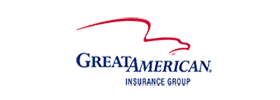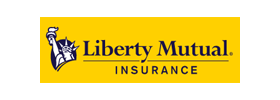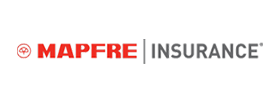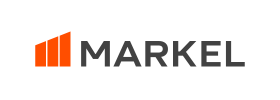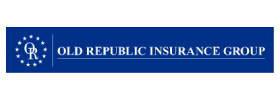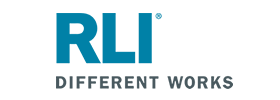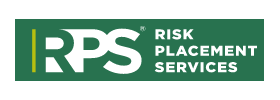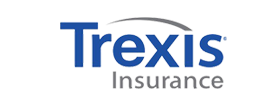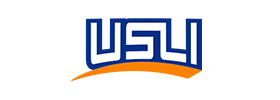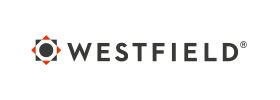Comparing Renter’s Insurance With Condominium Insurance
Condos have been growing in appeal to the point that Americans now own around 17 million condominiums. A variety of factors are driving the trend away from renting and toward condo ownership. The decision between renting an apartment or home and buying a condo, however, can be challenging.
One of the most powerful but often overlooked considerations is the question of insurance. Renters insurance and condominium insurance are not the same. Understanding their differences can play a key role in helping you determine what living situation is best for you.
Keep reading now to learn more about these types of insurance and what they can tell you about the benefits and drawbacks of renting vs getting a condominium.
Renter’s Insurance: The Essentials
Put simply, insurance is protection against loss. Standard renters insurance policies protect you against:
- The loss of personal property
- Liability for injuries and the resulting medical bills
- The expenses you may incur if your apartment becomes unlivable
Personal Property
Renters insurance protects your belongings, whether they are with you, in your vehicle, or in your apartment or home. Coverage applies to everything from cash to furniture to clothing to appliances.
So, for example, if your purse was stolen from your car or while you were on vacation, your insurance would typically cover the loss. If your upstairs neighbor floods their bathroom and the resulting water leak ruins your couch, that would also be covered.
Renters can choose Actual Cash Value or Replacement Cost coverage for their policy. With an Actual Cash Value policy, your insurer will pay you whatever the value of the lost item was at the time it was lost, stolen, damaged, or destroyed. If you have a Replacement Cost coverage, your insurer will pay you what it costs to replace the item with a new item of equal quality.
For instance, say your couch cost $1,500 new but had depreciated and was worth only $800 at the time of loss. A policy with Actual Cash Value coverage would pay you the $800 while Replacement Cost coverage would pay out the full $1,500.
Liability
Liability coverage protects you if someone is injured while in your apartment or if you accidentally injure someone else while on their property. It will pay medical bills and may cover some legal costs.
Loss of Use
In the event of a catastrophe, you may not be able to live in your apartment for some time while repairs or other arrangements are made. Your renters insurance will pay for your hotel room, some of your food, and other resulting expenses in the meantime.
Landlord Coverage vs Renters Coverage
Renters coverage is often required by landlords when you rent or lease a unit. This is because landlords hold insurance on the overall property, but their coverage does not extend to personal belongings nor will they cover anything you may be held liable for either.
Importantly, landlords’ insurance does cover the interior of your apartment or home. This includes:
- Fixtures
- Walls, floors, and ceilings
- Appliances
In the event that a disaster such as fire destroys your apartment, your landlord’s coverage will rebuild and repair your apartment. They will give it back to you in the same condition it was in when you moved in. Your insurance needs only to cover your personal belongings, furniture, and displacement expenses.
Renters Insurance Cost
Renters insurance tends to be very affordable. A basic policy often costs between 50 cents and $1 per day. On average, that works out to between $15 and $30 per month or $180 to $360 per year.
The exact cost of a policy varies, however. Actual costs can depend on:
- Your state, city, and neighborhood
- The size of your apartment complex or home
- What security features you have in place
- Your credit score
- Personal choices, such as owning dogs
- Your choice of a high-deductible or low-deductible plan
Your possessions can also influence your costs. If you own high-value items whose costs exceed standard coverage limits, you will need special riders to fully cover them. This can increase your overall cost.
Condominium Insurance: The Essentials
Like renters insurance, condominium insurance covers your personal belongings, basic liability, and loss of use expenses. Condo insurance is fundamentally different from renters insurance, however, in that it also covers some of the interior physical structure of your condo. This includes:
- Fixtures
- Walls, flooring, and ceilings
- Appliances
Renters can rely on their landlords’ insurance to cover these things. When you buy a condo, however, you assume responsibility for everything within the “box” of your condo. This can include electrical wiring, piping, and other facets that many condo owners overlook or take for granted. A typical condominium owners policy provides coverage for the “drywall in” although this is determined by the association bylaws, and will need to be reviewed by your agent.
HOA Coverage vs Condominium Insurance
Your Homeowners Association or condo management must hold a general insurance policy on the whole of your building or property. Many condo owners assume that this coverage is the equivalent of landlords’ insurance in a renting situation. That is, they assume it will pay to restore their condo to its initial or default state in the event of a disaster.
This is not true.
HOA policies insure communal areas of a property. This includes areas like:
- Hallways
- Clubhouses
- Fitness or pool areas
- Parking lots
They also insure the shared exterior portions of condo buildings such as roofs. They do not cover any interior portion of individual condos. This means that they do not cover:
- Walls
- Ceilings
- Floors
- Anything attached to, behind, underneath, or above those areas
Condominium insurance, then, is more like homeowners insurance than renters insurance.
HOA Policy Shortfalls
Condo owners must also take into account the fact that HOA policies may experience shortfalls. In the event of a major disaster, HOA policies may top out at less than what it takes to fully restore a building. For example, total repair bills after a major storm may be $1.5 million dollars but the HOA’s policy may pay out only $1 million.
When this happens, individual condo owners must make up the difference. To avoid paying this out of pocket, condo owners may need extra riders or other supplemental coverage.
Condominium Insurance Costs
Since condo insurance must cover so much more than renters insurance, it costs more to buy. As with renters policies, both location and policyholder attributes and choices can impact total cost.
In general, basic policies start at around $400 per year and provide:
- $25,000 in personal belongings coverage
- $20,000 in walls and floors coverage
- $300,000 in liability coverage
Policies scale up from there, with many condo owners spending $450 to $600 annually on insurance. For large or high-end condos with expensive finishes and fixtures, you may need a policy in the $1,100 to $2,400 range to achieve full coverage.
Condominium Insurance vs Renters Insurance
The differences between condominium insurance and renters insurance underscore the key differences between condo ownership and renting.
Renting is ideal for individuals and families:
- Who don’t plan to stay in the same area very long
- Looking for minimal responsibilities and costs
- Who do not view their living situation as a long-term investment
As opposed to renting an apartment, getting a condo:
- Costs more upfront
- Costs more to maintain and insure
- Places more demands on the resident
- Makes it less easy to pick up and move
But, as their insurance requirements emphasize, condos do offer the opportunity for property ownership. They enable residents to enjoy many of the benefits of apartment living while also cashing in on the advantages of home equity that homebuyers have access to.
Taking insurance issues and costs into account when choosing between an apartment and a condo can give you a clearer idea of your:
- Assets
- Priorities
- Best options
How to Get the Best Insurance Quotes
Make the best decisions by starting with the most accurate insurance quotes. First, look at the most common risks and insurance solutions to see where you may need extra coverage.
This can help you determine what you need in a policy. It can also make it easier to conduct apples-to-apples comparisons between condo and renters policies or between policies from different providers.
Second, take a good look at the landlord and HOA policies for properties you are interested in. This can help you understand where there are coverage gaps and further inform your policy choices.
Third, conduct an inventory of your belongings. This will show you:
- What you own that is not adequately covered under standard coverage limits
- How much additional coverage you need
- What kind of documentation you need to get that coverage (if any)
- What items you own may need special storage or other considerations to properly protect them
Fourth, talk to an experienced agent about your needs. While modern technology makes it easy to shop online, experienced agents can help you identify solutions and powerful options you may not be aware of or find on your own. Their guidance can help you get the best quotes, the best coverage, and the best results.
Learn More
Learn more about renters insurance, condo insurance, and getting the protection you need today. Check out our blog for more great information on choosing the right insurance for your needs.


